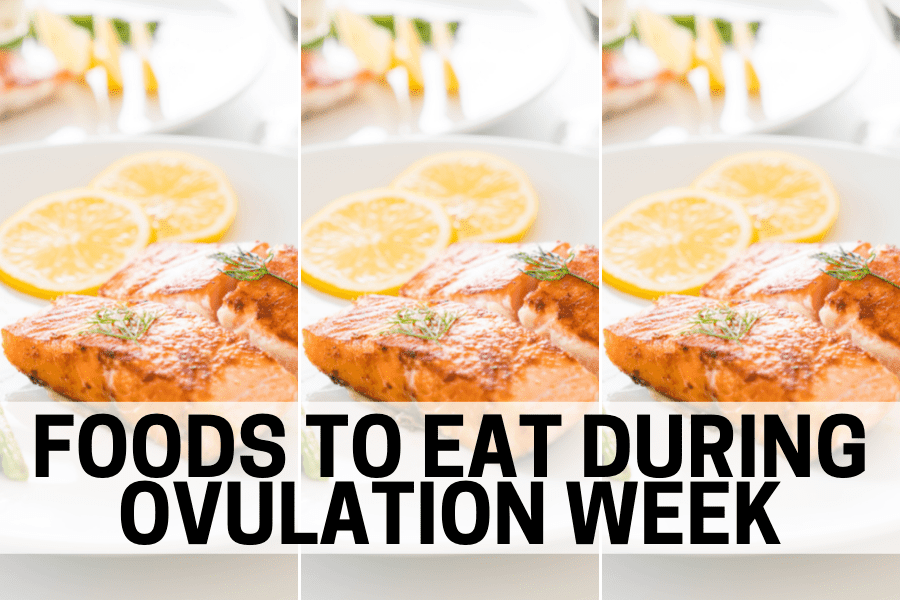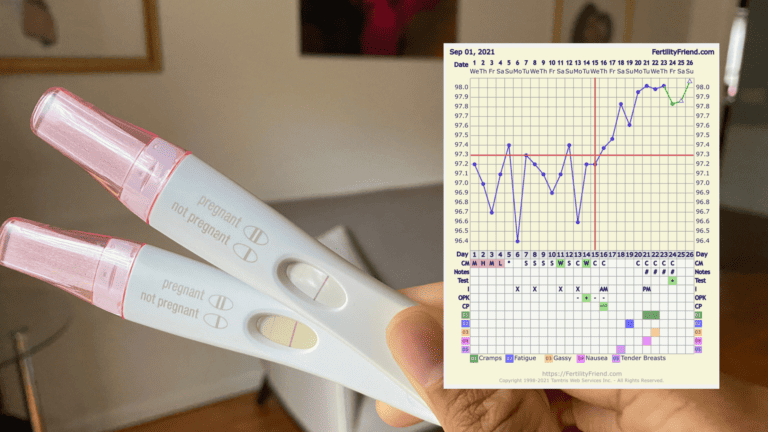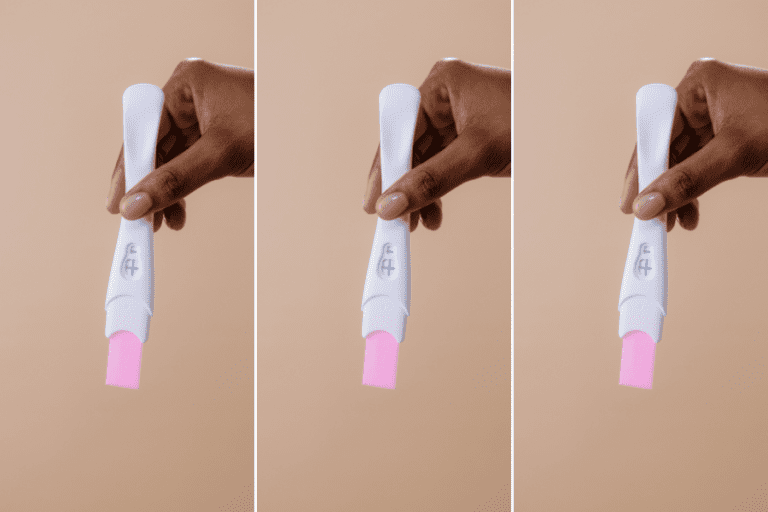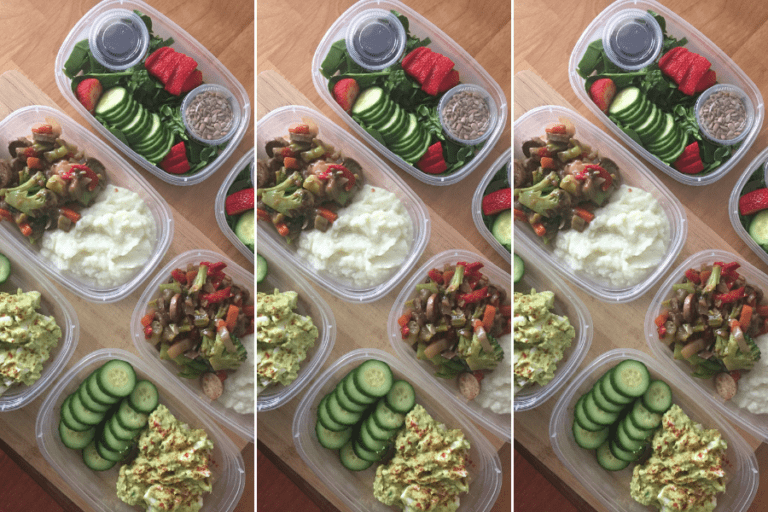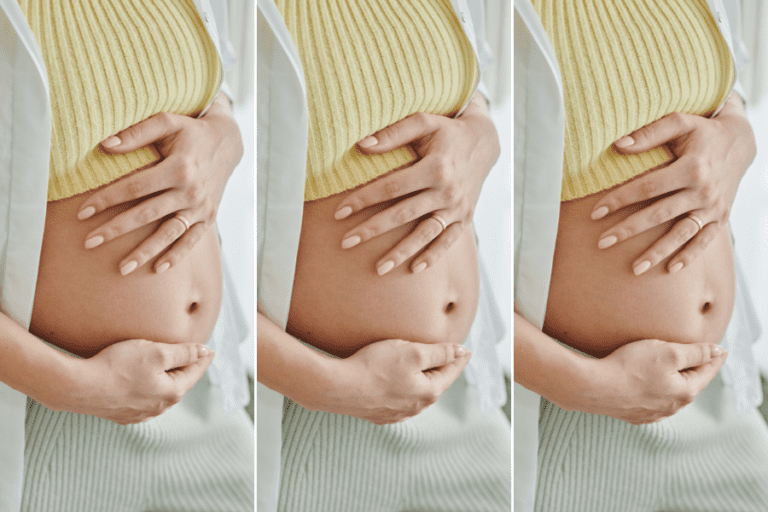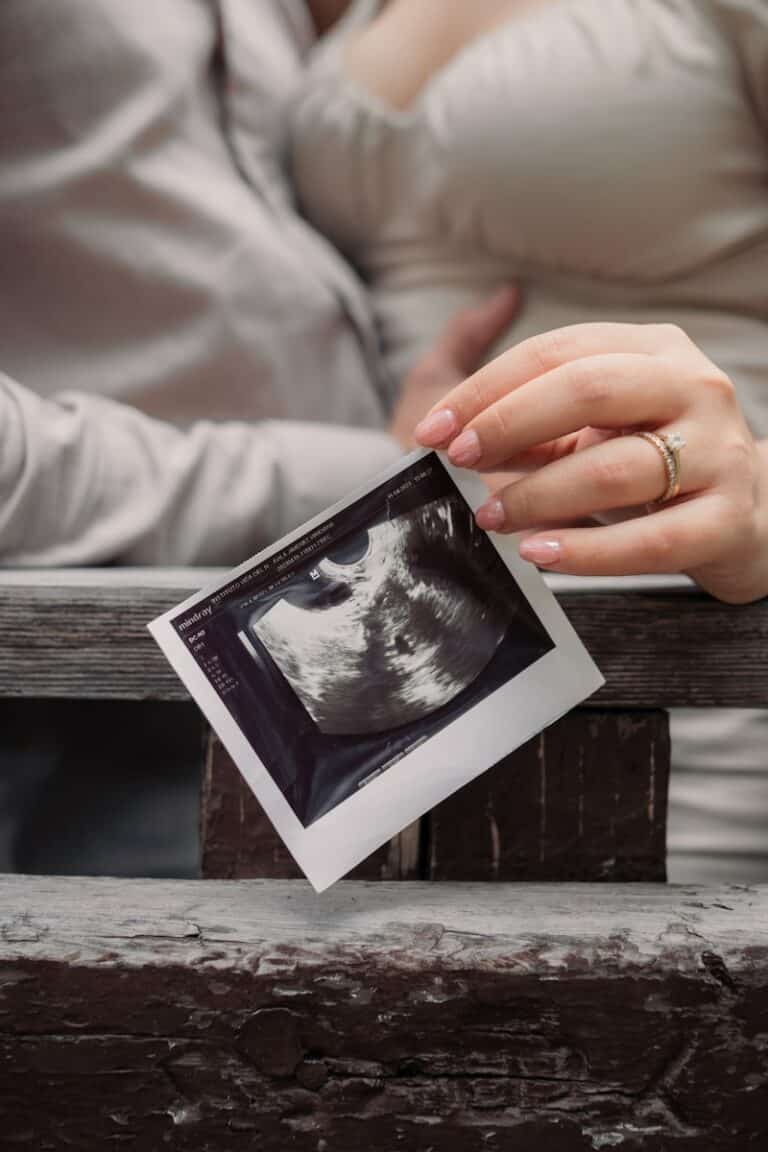Foods to Eat During Ovulation Week to Prepare Your Body for Pregnancy
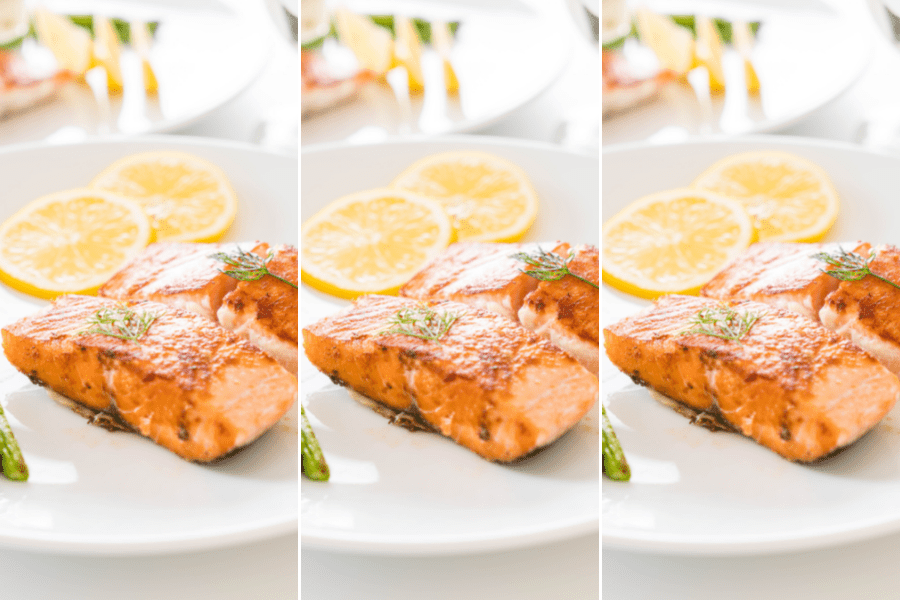
Last Updated on October 11, 2023 by Avi Steen
If you’re on the baby-making journey, you know that every little thing counts, including what’s on your plate. Yep, we’re talking about those special foods to eat during ovulation week that can boost your chances of becoming a parent.
And guess what?
Ovulation week is like the Super Bowl of your fertility game. It’s the perfect time to load up on foods that are packed with fertility-friendly vitamins and minerals.
So, in this blog post, I’m going to dish out the goods on the best foods to gobble up during your ovulation week to boost your baby-making prowess.
Ready? Let’s dig in!
Eating for Fertility – My Story
There is no one-size-fits-all approach to getting pregnant. What works for one person may not work for another, and that’s okay!
As long as you’re open to trying different things, you’ll eventually find what works best for you.
For me, it took a little bit of trial and error before I finally found the right foods to eat while trying to conceive. I was eating far too many acidic foods, which were wreaking havoc on my body and causing all sorts of problems, like bloating and constipation.
Not to mention, my hormone levels were completely out of balance.
Thankfully, I was able to overcome these struggles with the help of some great fertility education. Through the advice and guidance of God and fertility gurus, I was able to figure out which foods worked best for my body.
Now, I’m pregnant with my 3rd child and couldn’t be happier!
If you’re currently trying to conceive, I encourage you to experiment with your diet and see what works best for you. Eating the right foods can make all the difference in getting pregnant.
Trust me, I know from experience!
- 7 Insane Foods to Eat to Get Pregnant That Will Give You a Fertility Boost
- Acai Berry Fertility Supplement To Improve Fertility (2023)
- Pineapple and Fertility: Debunking Myths and Revealing the Truth
- 10 Simple PCOS Snacks To Satisfy Your Cravings
- What Foods Stop You From Getting Pregnant?
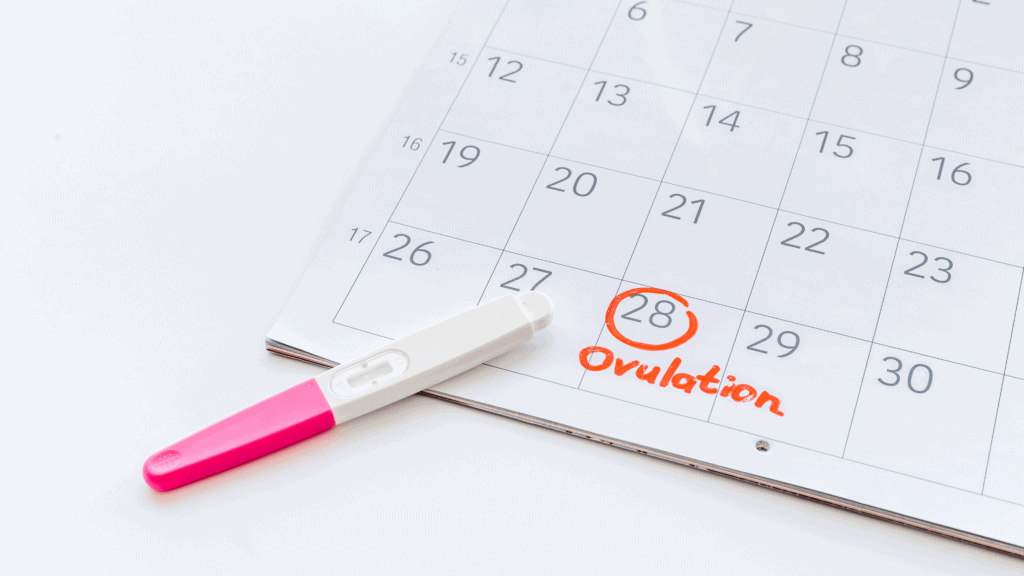
What is Ovulation?
Ovulation is the release of an egg from the ovaries during your menstrual cycle.
During this time, the egg will travel down the fallopian tube and into the uterus. If sperm fertilizes the egg, conception can occur.
Ovulation happens during the follicular phase of your menstrual cycle. Some experts call it the ovulatory phase.
But can a phase just be one day? Well, in ovulation’s case, yes.
Ovulation only happens within a 24-48 hour window during your menstrual cycle. This small window makes it the shortest phase of all your menstrual cycle phases(yep, there’s more).
Although it’s the shortest, it’s definitely the most important. So, eating antioxidant-rich foods that will help you in your ovulatory phase will ultimately boost fertility and help you get pregnant.
Why is Nutrition Important During Ovulation?
Nutrition is important during ovulation because it can help to improve the quality of the egg, improve hormone balance, and help your body to be in the ideal condition to conceive.
We’re naturally acidic down there, and some docs might say “hostile”. Which actually helps to prevent infection and other problems.
But during ovulation, women’s bodies make changes to become more alkaline, allowing the acceptance of sperm during the ovulatory phase to prepare for a successful pregnancy.
Eating foods that are rich in vitamins and minerals can help to increase the chances of conception.
Foods to Eat During Ovulation Week
B-vitamins:
B vitamins are important for fertility because they can help to improve the quality of the egg. Foods rich in B vitamins include whole grains, leafy greens, legumes, nuts, and seeds.
Fish:
Fish is a great food to eat during ovulation because it is rich in omega-three fatty acids. Omega-3 fatty acids can help to improve the quality of the egg as well.
For vegetarians like myself, other omega 3’s include chia seeds and flax seeds, which are a great form of dietary fiber as well.
Legumes:
Legumes are a great source of protein and dietary fiber. They can also help to regulate hormones, which is important for fertility.
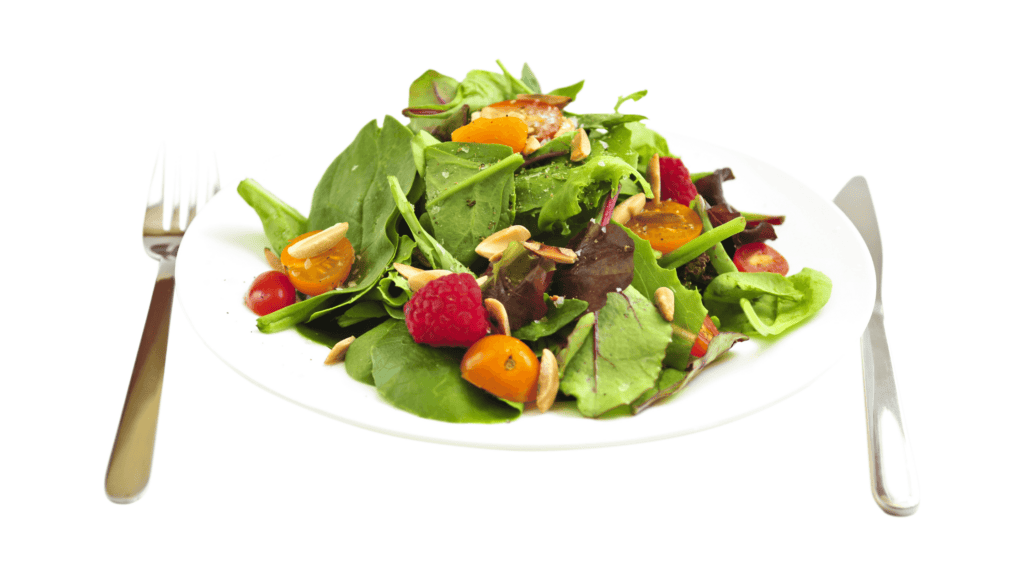
Dark Leafy Greens:
Dark leafy greens are an excellent source of vitamins and minerals. Leafy greens help support ovulation as well as implantation.
Recipe to Try: Baked Salmon and sauteed cauliflower rice with garlic and onions.
Healthy Fats:
Healthy fats like avocados and olive oil can help with hormone balance. Pairing with animal protein can also help reduce a blood sugar spike, which is helpful on a fertility journey.
Other Vitamins and Minerals
Magnesium-rich foods, vitamin C, and vitamin E are all important for optimal fertility. Making sure you are pairing your healthy eating with a great prenatal vitamin will only help you toward your goal of getting pregnant.
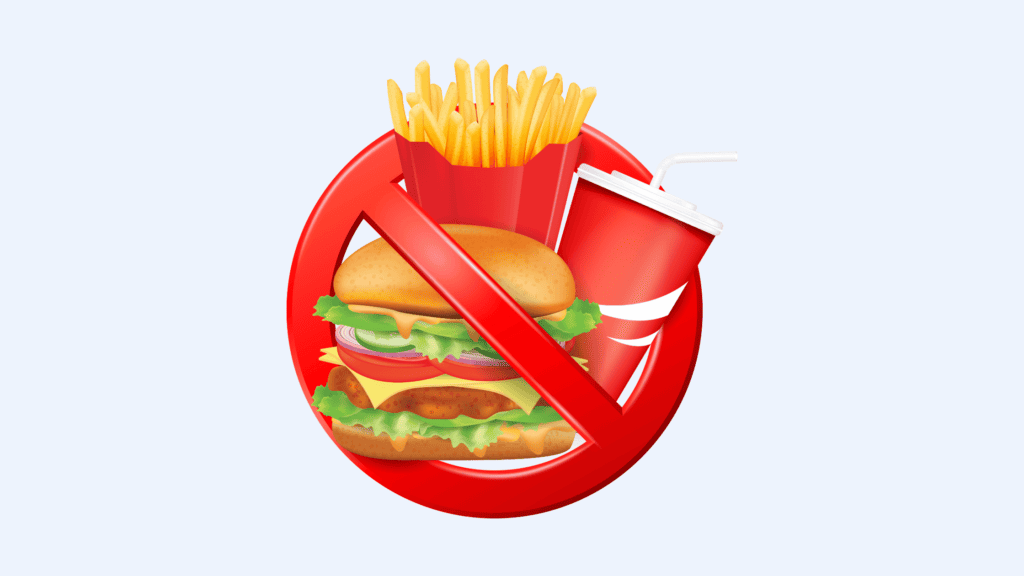
Limit These Foods
Processed Foods:
Processed foods can contain harmful chemicals that can impact fertility. it is best to limit processed foods during ovulation week.
Caffeine:
Caffeine can negatively impact hormone levels. It is best to limit caffeine during ovulation week if you have been having trouble conceiving.
Acidic Foods:
Acidic foods can impact the pH of the vagina, which can make it difficult for sperm to survive. It is best to limit acidic foods during ovulation week if you are trying to conceive.
The Bottom Line
Eating a nutritious diet is important for fertility. During ovulation week, it is especially important to eat foods that are rich in vitamins and minerals.
Foods that can help support ovulation include whole grains, like brown rice, leafy greens, legumes, fish, and nuts. Try to limit processed foods, caffeine, and acidic foods during this time.
What are your favorite foods to eat during ovulation? Let us know in the comments below! And be sure to grab our free fertility diet guide here:
FAQ About Fertility Foods
Below are a few common questions about fertility foods and nutrition for conception.
What foods should I avoid during ovulation?
There are a few foods that you should avoid during ovulation, such as processed foods, caffeine, and alcohol. These foods can interfere with your hormones and reduce your chances of getting pregnant.
What is the best diet for fertility?
There is no one “best” diet for fertility, but eating a balanced diet that includes plenty of fruits, vegetables, whole grains, and lean protein is a good place to start. You should also make sure to get enough folic acid, which is found in leafy green vegetables, legumes, and fortified foods.
Another important aspect to note is to make sure you eat foods that your body likes aka not sensitive to so that you can keep your hormones balanced.
What can I eat to produce more eggs during ovulation?
There is no evidence that certain foods can increase egg production during ovulation. However, eating a nutritious diet is important for overall fertility. Eating plenty of whole foods like fruits, vegetables and legumes will help improve egg quality leading up to ovulation.
What should I eat after ovulation to help implantation?
To help implantation, continue eating whole foods with a focus on progesterone boosting foods like sunflower seeds and foods that have vitamin B6.
What fruits are good for implantation?
Fruits that have anti-inflammatory benefits like pineapple and pomegranate are good for implantation.

Octavia Steen is an NBDA certified fertility doula, health coach, certified fitness nutrition specialist, aspiring missionary with the COGIC, and owner of Mother Mindset. She helps future and current mamas become more consistent in faith + fitness and grow closer to God so they can create a healthier lifestyle from the inside out!

